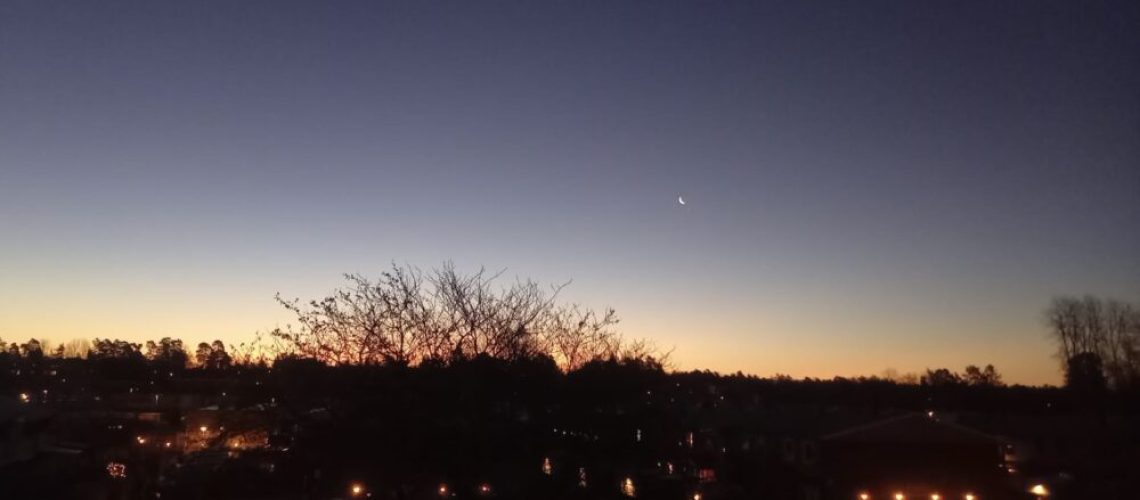Recently, I’ve been watching a series of documentaries on base jumping and wingsuits with my 12-year-old. His intense excitement filled me with dread for his future, as I imagined him engaging in this dangerous activity and falling to harm. Yet as I watched with him, I felt excitement within me also – I got it, I understood the appeal, drawn to the thrill of leaping into the unknown, that sensation of flying or soaring, skirting near the edge of death. The community’s energy, courage, and aliveness drew me also – a deep sense of belonging so apparent among its members.
This made me wonder about the source of the fascination that we both felt, the longing to join or be part of – the vicarious thrill so strong! So many of us long for this sense of belonging, but these people are bonded by their experience of the activity itself too – drawn as moths to a flame, towards something so intense, that binds life and death – or perhaps, more accurately, shows us the inextricable connection between the two, and their links with finding meaning and purpose. We all want to feel truly alive – to find a way to give our lives greater depth, significance, or purpose. For some of us, we find this experience through stillness or reflection – meditation, yoga, mindfulness. For others, it can only be found in the exhilaration of risk, movement, or extreme sports.
For many of us these moments of heightened awareness – however they are found – can make us feel more alive, and they can often take on a spiritual quality, bringing us to a sense of connection with something larger than ourselves, and a sense of belonging that everyday life rarely affords us.
Traditional religion increasingly plays a smaller role for many people, but the functions it provides remain a need for us – and these kinds of experiences can fill that spiritual space. They can provide a sense of transcendence beyond the ordinary, and offer us a feeling of purpose or meaning. They remind us of what it feels like to be fully human, fully alive, and fully here.
For some people that feel lost, these moments of hyperfocus, immersion in the moment, or the rushes of adrenaline and dopamine bring us to ourselves – such activities can offer a framework that helps us make sense of the world – a way to organise restless energy, or to connect with experiences of clarity that can otherwise feel difficult to grasp hold of. They often offer belonging within a small and specialist community of people that truly understand one another’s experience. I find myself wondering how many of those drawn to such specific experiences – whether this is the intensity of yoga, or risky activities such as base jumping – also identify as having ADHD or being autistic.
I am so conscious as I type that these moments of intense aliveness lie immediately proximal to fragility, serious injury, and death. Watching these documentaries about base jumping, we see that everyone in the community knows – or knows of – someone who has been seriously injured or lost their life through the sport. I initially thought of this as irony – the aliveness coexisting inextricably alongside death – but perhaps it isn’t ironic at all. Perhaps it is just this – through acknowledging the reality of death for us all, we learn to value life. Through acknowledging our mortality, we can become more present, more grateful, and more connected with what really matters.
Death has never been an abstract idea for me, as I lost two grandparents around the age of six, and the other two in my early teens. Over time, many more loved ones have passed over, and I’ve had to learn how to live with loss – to comprehend that it isn’t an interruption to life, but part of the landscape. We cannot have one without the other.
As I write this in November, I’m reminded of All Souls’ Day – a day from my Catholic upbringing that honours remembrance of those who have passed. Even though I no longer practice the religion of my childhood, this time of year still draws me inward as I call myself to remember those I have loved, the meaning they hold for me, and the impact they have had on my life. Death and loss can always be viewed as an act of connection with what gives life its meaning.
Finding support in your search for meaning
Many people come to therapy with questions of meaning, purpose, or loss. “What matters to me, what gives my life meaning, and why do I feel disconnected from my life?”
Therapy offers a space to explore these questions, and to help you reconnect with a deeper sense of purpose and belonging. Sometimes, therapy becomes the space where we rediscover what feels sacred – even if we no longer use that word.
If you’re feeling lost, questioning your direction, or searching for a renewed sense of aliveness, therapy can help you explore these deeper layers of experience. Together, we can look at what gives your life meaning, how to make sense of loss, and how to reconnect with the parts of yourself that feel most alive.
Contact me here if you want to start with a chat. You can also find me on YouTube, IG, Facebook and LinkedIn.





